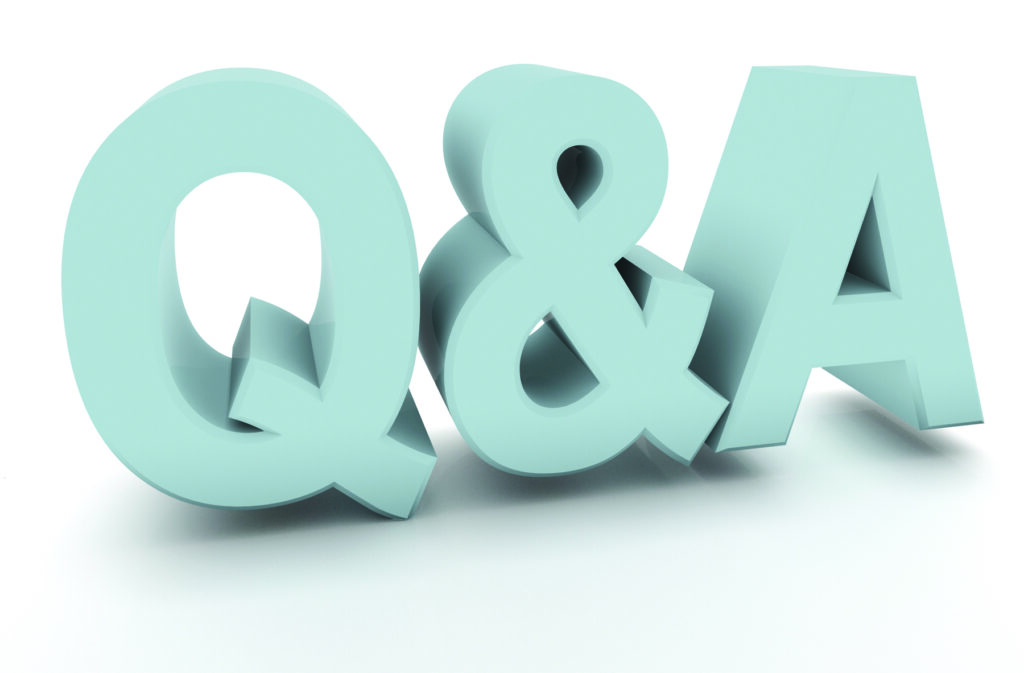Attention Deficit Hyperactivity Disorder (ADHD) is a health condition that can disrupt behavior and impair learning. Central Florida Health News talked about ADHD with Dr. George C. Winny, a board certified child/adolescent and adult psychiatrist, who directs Winter Haven Hospital’s Center for Behavorial Health.
Central Florida Health News (CFHN): How can you tell the difference between a really active child and one with ADHD?
Dr. George C. Winny: The most common symptoms of ADHD include trouble with paying attention, sitting still, and controlling impulses. A child not diagnosed with ADHD may lack focus yet will listen around the third time of being instructed. However, a child with ADHD is always in high gear and may start to comprehend what needs to be done—and listen—around the fourth or fifth time. Many other emotional problems can also mimic ADHD. That is why a professional evaluation is necessary to make the appropriate diagnosis.
CFHN: Can a child grow out of ADHD?
Dr. Winny: According to new research, children with ADHD may eventually grow out of the condition. However, many times these kids may get a different diagnosis when they become adults, as they face different challenges, and psychopathology may vary.
CFHN: When is medical treatment advisable?
Dr. Winny: Anytime this disorder causes social impairment, interpersonal difficulties, and academic failures, we have to address ADHD with medication. However, medications do not cure ADHD; they simply help the child control his/her symptoms.
CFHN: What type of doctor is best able to treat ADHD?
Dr. Winny: A child psychiatrist or other qualified mental health professional such as pediatrician, behavioral pediatrician, and primary physician. More complex issues must be referred to a child psychiatrist.
CFHN: What kind of treatment is available for ADHD?
Dr. Winny: There are three different treatment options: medication, behavioral interventions, and psychotherapy.
Medications are well established and effective. There are two main types: stimulant and non-stimulant. Stimulants include methylphenidate and amphetamine salts. Non-stimulant medications include Atomoxetine.
There are two different behavioral interventions: school-based and home/office-based. Psychoeducation, attention training/special time, reinforcement techniques and relaxation techniques can be performed in home/office-based behavioral interventions. School-based intervention includes stimulus reduction, seating modification, increasing task structure, stimulation, and contingency management.
Psychotherapy includes play therapy, psychodynamic psychotherapy and cognitive-behavioral interventions, such as self-talk, self-monitoring, and sequenced problem solving.
CFHN: What alternatives are there to Ritalin?
Dr. Winny: Non-stimulant medications, such as Strattera (Atomoxetine) and Intuniv (Guanfacine) can be used. Sometimes anti-depressant medications such as Wellbutrin (Bupropion), tricyclic anti-depressant, and other medications such as Tenex (Guanfacine) and Clonodine can be used in children with co-morbid tics, or children with partial response to stimulant medications.
CFHN: When is Ritalin a good choice?
Dr. Winny: Once the ADHD diagnosis has been established for attention, poor concentration, and distractibility, and an immediate response is needed, Ritalin in different forms can be a good choice. It works faster and it’s possible to see a good response in a very short period of time.
CFHN: Who is most susceptible to ADHD? Is it inherited?
Dr. Winny: The cause is not known. However, the combination of genetics and environmental influences could increase the child’s possibility of being diagnosed with this disorder. Gender, family history, prenatal risks, environment toxins, and physical differences in the brain seem to play an important factor.
CFHN: Is there a way to prevent ADHD?
Dr. Winny: Even though there is no known way to prevent ADHD, avoiding alcohol, drugs, and smoking while pregnant may prevent a child from developing ADHD or many other health problems. A good way to help your child have fewer learning and attention problems is by having good medical care, setting consistent behavior limits, and maximizing the child’s learning and attention skills by reading to/with your child and providing new learning experiences, such as puzzles and board games.
CFHN: What can parents do to help a child with ADHD perform well in school?
Dr. Winny: Principles that can help include:
- A strict routine,
- Talking to the teacher regularly and receiving feedback,
- Removing distractions during study time, and
- Giving rewards for pro-social behavior.
CFHN: What can parents do to minimize problems for a child with ADHD?
Dr. Winny: By staying positive and healthy themselves. The parent also needs to establish structure, set clear expectations/rules, encourage movement and sleep, encourage a healthy diet for the child, and teach the child how to make friends.
CFHN: Does a child with ADHD typically have other health problems?
Dr. Winny: Research has shown that 70 percent of children diagnosed with ADHD have at least one other mental or physical problem, such as a learning disability, conduct disorder, depression, anxiety, or difficulty with hearing or speech. This is also known as comorbidity. About one out of five children with ADHD had three or more of those problems, which increased the odds that they would have a setback in school. Other comorbid psychiatric conditions are common with ADHD.
CFHN: Is there anything else parents should know about the condition?
Dr. Winny: It is very important for parents to be involved and educated about ADHD and the treatment of their child’s disorder. It is also important for the parent to understand the stress of parenting/teaching a child with ADHD and the importance of implementing a behavioral plan. Frequently monitoring the child’s behavior is important as well.
